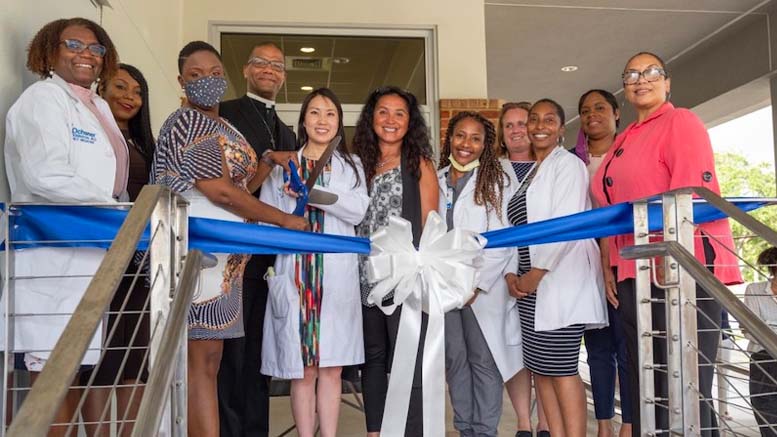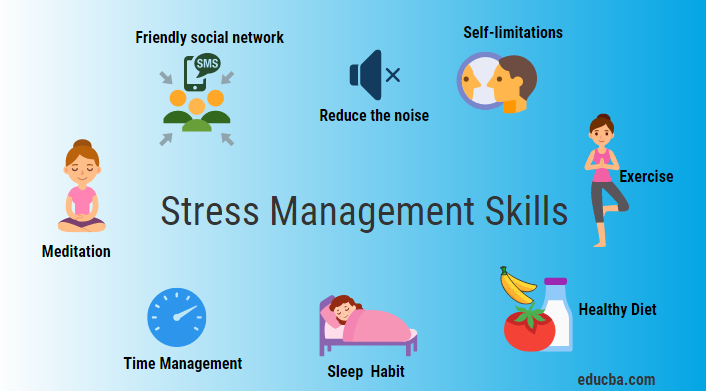From Enabling to Empowering: Tips for Helping Your Loved One Overcome Addiction

Addiction is a complex issue that affects not only the individual struggling with it but also their loved ones. It can be challenging to know how to support someone dealing with addiction, and often, it feels like enabling them is the only option. However, enabling only perpetuates the cycle of addiction and prevents true healing from taking place. The key is to shift from enabling to empowering, and there are many ways to do so. In this article, we’ll explore some practical tips for helping your loved one overcome addiction and regain control of their life. From setting healthy boundaries to providing emotional support and access to resources, there are many ways that you can help your loved one on their journey to recovery.
Understanding Addiction and Enabling Behavior
Addiction is a chronic disease that affects the brain and alters behavior. It’s a complex issue that can be caused by a combination of genetic, environmental, and behavioral factors. Addiction is characterized by compulsive drug seeking and use despite harmful consequences. Addiction can have a devastating impact on an individual’s life, health, relationships, and career.
Enabling behavior is any action that helps the individual continue their addictive behavior or avoid the consequences of it. Enabling behavior can take many forms, such as providing financial support, making excuses for their behavior, or minimizing the severity of the problem. Enabling behavior can be harmful to both the individual and their loved ones, as it perpetuates the cycle of addiction and prevents true healing from taking place.
To help your loved one overcome addiction, it’s crucial to understand the nature of addiction and how enabling behavior can perpetuate it. By recognizing enabling behavior and taking steps to avoid it, you can empower your loved one to take responsibility for their actions and begin their journey to recovery.
Empowering Your Loved One to Overcome Addiction
Empowering your loved one means helping them take responsibility for their actions and providing support and resources to help them overcome addiction. Empowerment involves setting healthy boundaries, encouraging self-care, and providing access to treatment and recovery resources.
Setting healthy boundaries means establishing clear expectations and consequences for your loved one’s behavior. It means saying no to enabling behavior and refusing to tolerate abusive or harmful behavior. Setting healthy boundaries can be challenging, but it’s essential for your loved one’s recovery.
Encouraging self-care means promoting healthy habits and activities that support your loved one’s physical and emotional well-being. It means encouraging them to exercise, eat a healthy diet, get enough sleep, and engage in activities they enjoy. Self-care can help your loved one manage stress, anxiety, and other emotions that may trigger addictive behavior.
Providing access to treatment and recovery resources means connecting your loved one with professional help and support. It means researching treatment centers, therapists, and support groups in your area and providing your loved one with the resources they need to begin their journey to recovery. It also means offering emotional support and encouragement throughout the recovery process.
Building a Support System
Building a support system is crucial for both your loved one’s recovery and your well-being. Addiction can be isolating, and having a support system can provide your loved one with a sense of connection and community. It also means that you don’t have to face the challenges of addiction alone.
A support system can take many forms, such as family, friends, therapists, and support groups. It’s important to find a support system that works for you and your loved one and that provides the resources and support you need. It’s also essential to communicate with your loved one’s support system and keep them informed of your loved one’s progress and needs.
Building a support system can be challenging, especially if you or your loved one has experienced stigma or shame related to addiction. However, it’s important to remember that addiction is a disease, and seeking help and support is a sign of strength, not weakness.
Finding a Treatment Center
Finding an addiction treatment center in Mississippi or wherever you may live is a crucial step in your loved one’s recovery journey. Treatment centers provide professional help and support to individuals struggling with addiction, and they offer a range of services, such as detoxification, therapy, and support groups.
When looking for a treatment center, it’s important to research your options and find one that meets your loved one’s specific needs. Consider factors such as location, cost, and services offered. It’s also essential to involve your loved one in the decision-making process and ensure that they feel comfortable and supported throughout their treatment.
Finding a treatment center can be overwhelming, but there are many resources available to help you navigate the process. Consider reaching out to addiction specialists, therapists, and support groups for guidance and support.
Coping with the Emotional Toll of Addiction
Addiction can take a significant emotional toll on both the individual struggling with it and their loved ones. It’s essential to prioritize your emotional well-being and take steps to manage stress and other emotions related to addiction.
Coping with the emotional toll of addiction means engaging in self-care activities that promote emotional well-being, such as exercise, meditation, and therapy. It also means setting boundaries and taking time for yourself to recharge and focus on your own needs.
It’s also essential to communicate openly and honestly with your loved one about your feelings and needs. This can be challenging, but it’s crucial for building a healthy and supportive relationship.
Self-Care for the Caregiver
As a caregiver, it’s essential to prioritize your own physical and emotional well-being. Caring for someone with an addiction can be stressful and exhausting, and it’s crucial to take care of yourself to prevent burnout and compassion fatigue.
Self-care for the caregiver means engaging in activities that promote physical and emotional well-being, such as exercise, meditation, and therapy. It also means setting boundaries and taking time for yourself to recharge and focus on your own needs.
It’s also essential to seek support from your support system, such as friends, family, therapists, and support groups. Remember that asking for help is a sign of strength, not weakness.
Conclusion
Addiction is a complex issue that affects not only the individual struggling with it but also their loved ones. It can be challenging to know how to support someone dealing with addiction, but enabling behavior only perpetuates the cycle of addiction and prevents true healing from taking place. The key is to shift from enabling to empowering, and there are many ways to do so.






